The most effective topical therapies and oral antibiotics, which have become mainstays in the management of acne, were highlighted by Prof Jerry Tan, Adjunct Professor, Schulich School of Medicine and Dentistry, Department of Medicine, University of Western Ontario, Canada, in two separate talks at the PCDSI acne and rosacea symposium.
A member of the expert committee of the National Rosacea Society, Prof Tan covered several topics, including appropriate use based on clinical severity, individual patient features, mitigation of risk, including intolerance to local application, and reducing the risk of antibiotic resistance.
In his first talk on topical, evidence-based therapies, Prof Tan stressed the importance of maximising adherence in order to achieve the best possible outcomes in acne treatment.
Factors such as accessibility, application, adverse events, appropriate selection and anticipated timelines should always be considered by clinicians, he said.
Acne, he stated, is the eighth-most common condition seen worldwide and can range in type and severity. Evidence-based guidelines recommend topical therapies for most first-line acne treatment, Prof Tan noted. What patients can afford and what is available are important considerations when prescribing topical agents, he added.
In terms of the application of topical agents, he recommended “field coverage”, not spot treatment. Typically, a pea-sized amount will deliver about two palms’ coverage. The face requires about four palms’ coverage. The medication should be applied before any moisturisers and left to absorb for about 15 minutes before any other creams/agents are applied, he suggested.
Advice on how to mitigate and prevent adverse events, such as the risk of irritation and dryness from agents, was also covered by Prof Tan.
Agents, for instance, could be used every other night in some cases to reduce erythema, stinging and burning.
Signs of irritation usually peak within one-to-two weeks. Between two-to-four weeks, some improvement should be seen, he said.
Medication adherence requires reminders and patient encouragement, Prof Tan maintained. To achieve this, he advised that a weekly email regarding treatment can be extremely beneficial for patients.
In his next talk on oral antibiotic use in the treatment of acne, Prof Tan said that antibiotic over-use is a concern, but that a treatment equal to or better than oral antibiotics had yet to be found.
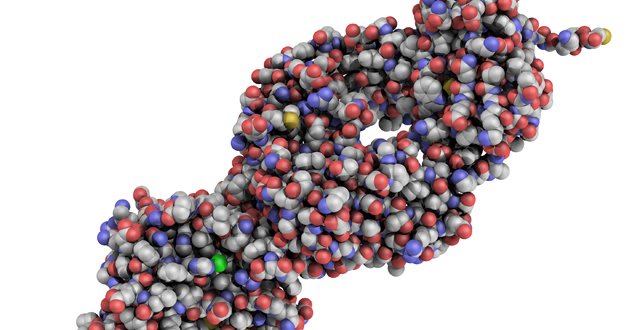
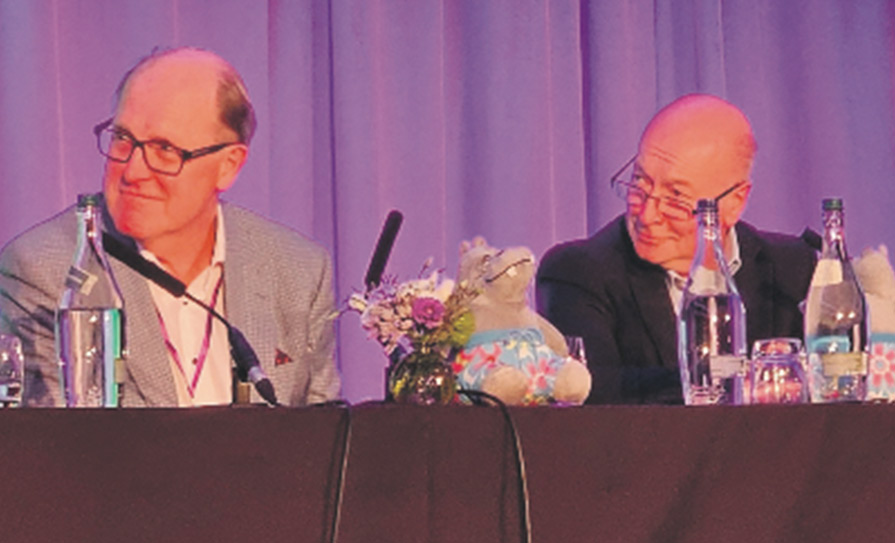
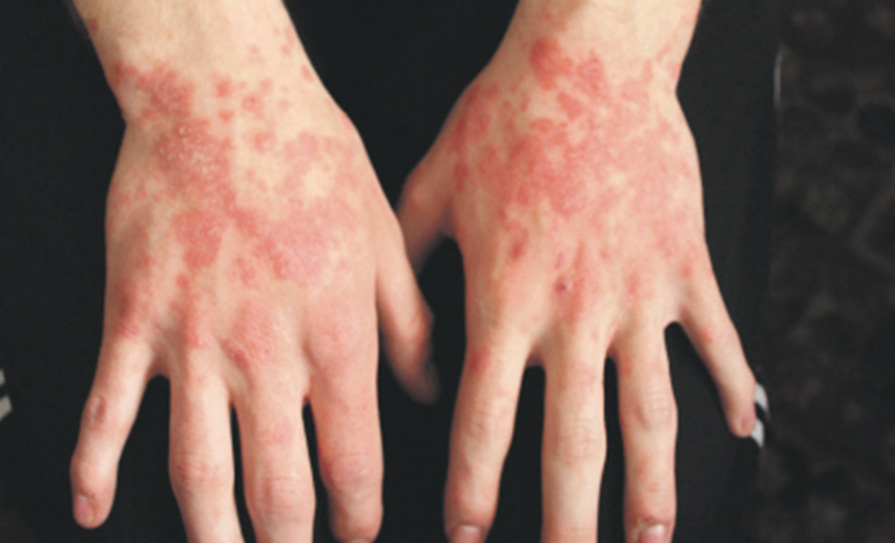
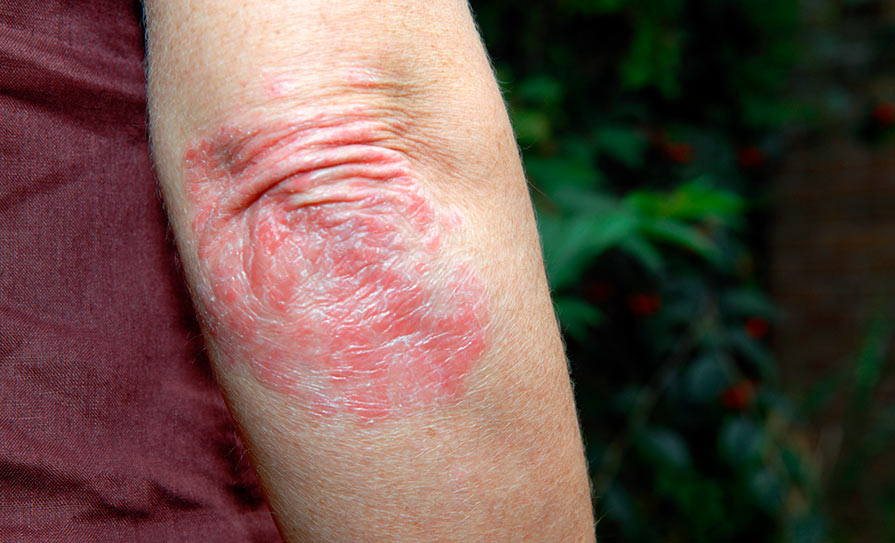

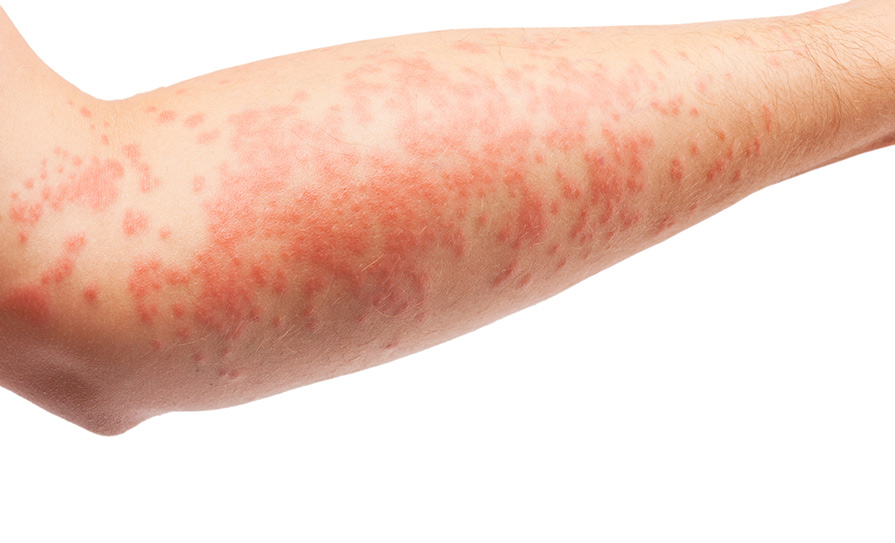

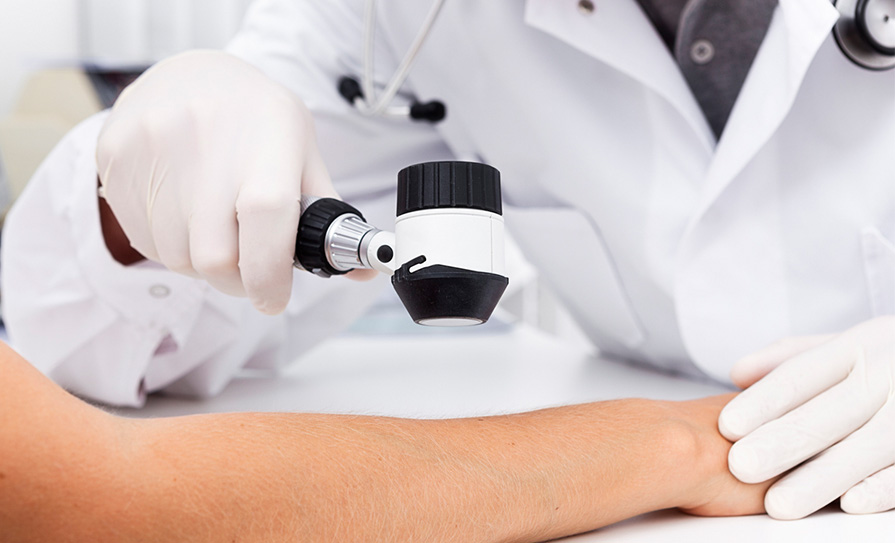
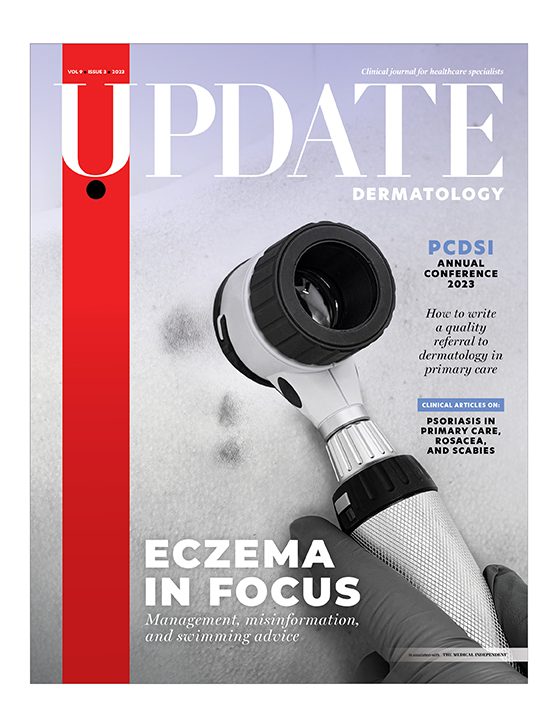




Leave a Reply
You must be logged in to post a comment.